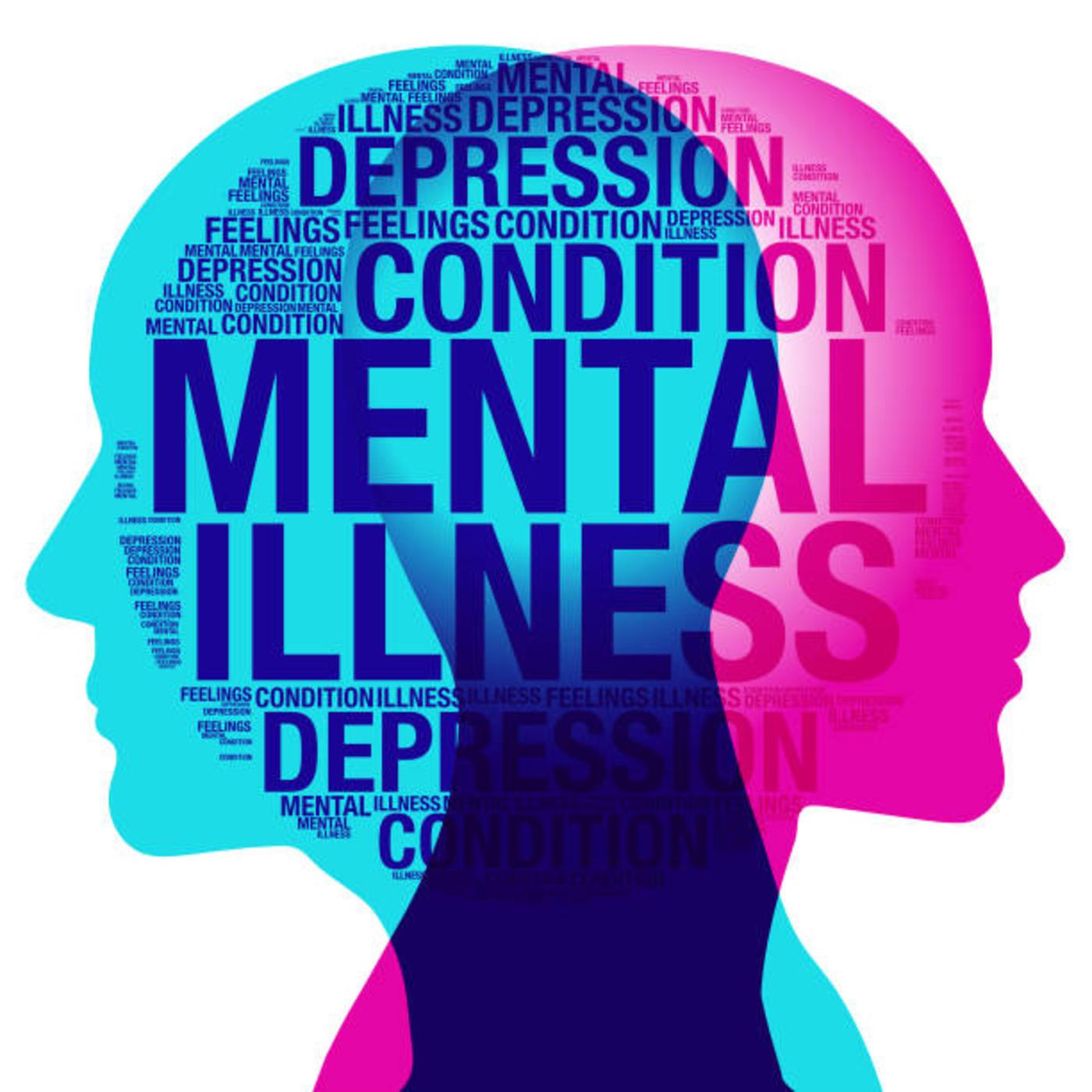Irritable Bowel Syndrome (IBS) is a gastrointestinal disorder that affects millions of people worldwide. While its physical symptoms are well-known, the connection between IBS and mental health is often overlooked.
Research has shown a clear link between the two, highlighting the impact of psychological factors on the development and management of IBS symptoms. In this article, we explore the intersection of IBS and mental health, shedding light on the connection and its implications for individuals dealing with this condition.
The Gut-Brain Connection
The gut and brain are intricately connected through the gut-brain axis, a bi-directional communication system. This complex network involves various interactions between the central nervous system, enteric nervous system, gut microbiota, and the endocrine system. The gut-brain connection plays a crucial role in regulating digestion, immune function, and even mood.
Impact of Stress and Anxiety on IBS
- Increased Sensitivity
Stress and anxiety can heighten the sensitivity of the gut, leading to heightened perception of pain and discomfort. Individuals with IBS often experience exaggerated responses to normal digestive processes, such as gas and stool movements.
- Altered Gut Motility
Stress and anxiety can disrupt the normal rhythm of the digestive system, causing changes in gut motility. This can result in symptoms like diarrhea or constipation, which are commonly experienced by individuals with IBS.
- Immune System Activation
Psychological stress triggers the release of stress hormones, which can affect the immune system and cause low-grade inflammation in the gut. Inflammation may contribute to the development and perpetuation of IBS symptoms.
- Psychological Impact
Living with a chronic condition like IBS can take a toll on an individual’s mental health. The unpredictable nature of symptoms, social limitations, and the impact on daily life can lead to increased levels of stress, anxiety, and even depression.
Addressing the Connection: Integrated Approach
- Mind-Body Techniques
Mind-body techniques such as relaxation exercises, deep breathing, meditation, and yoga can help reduce stress and promote overall well-being. These techniques can positively influence the gut-brain axis and alleviate IBS symptoms.
- Cognitive-Behavioral Therapy (CBT)
CBT is a therapeutic approach that focuses on identifying and changing negative thought patterns and behaviors. It has been shown to be effective in managing the psychological aspects of IBS, reducing stress, and improving coping skills.
- Gut-Directed Hypnotherapy Vancouver
Hypnotherapy is a therapeutic technique that utilizes guided relaxation and focused attention. Gut-directed hypnotherapy specifically targets the gut-brain connection, aiming to reduce IBS symptoms and improve quality of life. It can help individuals gain control over their symptoms and address the underlying psychological factors contributing to IBS.
- Support Networks
Joining support groups or seeking individual counseling can provide a safe space for individuals with IBS to share their experiences, learn coping strategies, and receive emotional support. Connecting with others who understand the challenges of living with IBS can be invaluable.
Conclusion
Understanding the connection between IBS and mental health is essential for comprehensive management and treatment. The impact of stress, anxiety, and psychological factors on IBS symptoms should not be overlooked. By adopting an integrated approach that addresses both the physical and psychological aspects of IBS, individuals can improve their overall well-being and quality of life.
Mind-body techniques, cognitive-behavioral therapy, gut-directed hypnotherapy vancouver, and support networks can all play significant roles in managing IBS and promoting optimal mental health. Seeking professional guidance and personalized care is crucial for developing an effective treatment plan that addresses the unique needs of each individual with IBS.

